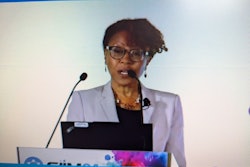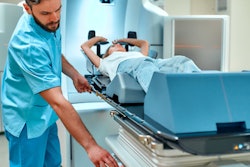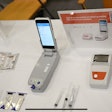Radiologists seeking to provide equitable healthcare should establish "cultural dexterity" in their practices -- and there are three principles to follow, according to an article published August 6 in the Journal of the American College of Radiology.
Cultural dexterity describes the ability to recognize, navigate, and value cross-cultural interactions through the application of key tenets of curiosity, respect, and empathy, noted a team led by Brittany Dacier, MD, of Harvard Medical School.
The research is based on certain challenges minorities face as they navigate the healthcare system in the U.S. Patients with limited English proficiency, for example, experience fewer preventive services and reduced cancer screening, noted the authors. In addition, culturally driven attitudes may raise philosophical differences between doctors and patients, or make patients hesitant or reluctant about procedures.
"Rather than making assumptions, a radiologist must approach the situation with curiosity and openness to learn the patient's current understanding of the situation," advised Dacier's group. Curiosity, they said, is one of the three key elements of cultural dexterity, along with respect and empathy.
- Curiosity. Being curious about one's patients will lead to a better understanding of them. What is the patient's health literacy or beliefs about what a diagnosis ultimately means? Is the patient paying out of pocket for each scan and struggling with questions about cost?
- Respect. In the context of cultural dexterity, respect means, when faced with a charged situation or disagreement, remembering to separate judgment from the belief or practice that disagrees with one's own philosophies, according to the authors.
- Empathy. Showing empathy to patients will demonstrate a desire to truly care for and advocate for them.
Cross-cultural patient encounters are now inevitable in radiology practice. Radiologists should write reports using language that considers multiple readers, including other radiologists, physicians, and patients, the authors added. They also suggested formal training in cultural dexterity across specialties, but especially within radiology.
"Just like many of the core skills of clinical care in radiology, cultural dexterity is a skill that must continuously be practiced and adapted to the individual needs of every patient," the authors wrote. "Cultural dexterity will help provide more equitable care to all patients, particularly those from historically marginalized groups and those with limited English proficiency."
The full article can be found here.




















